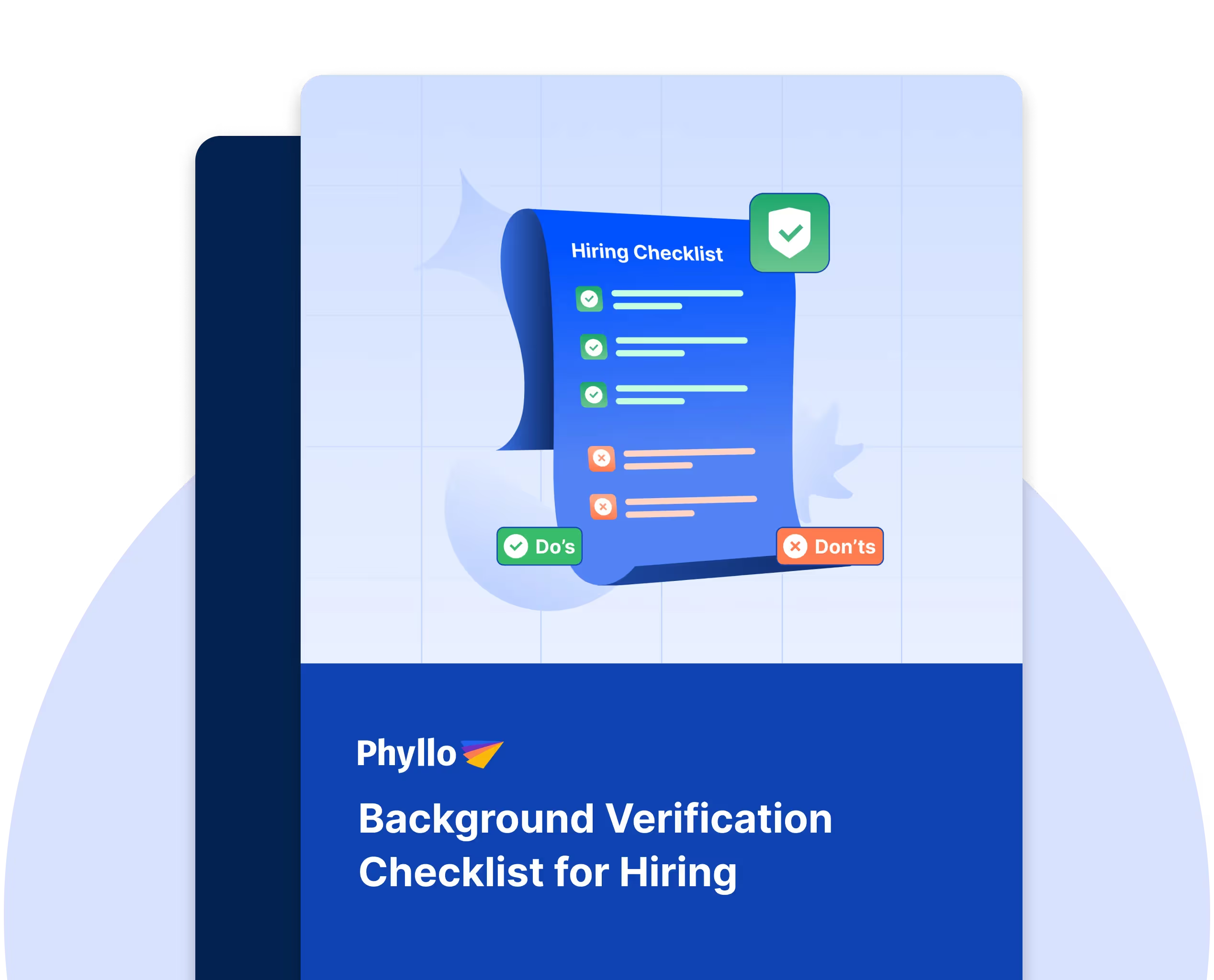Introduction
The journey to becoming a teacher is marked by high standards of character, trust, and responsibility. But what happens if you have a DUI (Driving Under the Influence) conviction on your record? Can you work at a school with a DUI? How does a DUI impact teaching credentials, job prospects, and your future in education? These questions are increasingly relevant as schools and districts intensify background checks and social media screening to ensure student safety and uphold public trust.
This comprehensive guide explores the complex relationship between DUI convictions and teaching careers. We’ll cover the legal, ethical, and practical implications, provide real-world examples, and answer the most common questions about DUI and teaching. You’ll also find resources for digital reputation management and proactive steps to protect your career.
Can You Work at a School With a DUI?
The short answer is: it depends. Whether you can work at a school with a DUI on your record varies by state, school district, and the specific circumstances of your case. Most schools conduct thorough background checks on prospective and current employees. A DUI conviction will appear on these checks and may trigger additional scrutiny.
Factors That Influence Employment Decisions
- Severity and Recency of the DUI: A recent or severe offense (such as a felony DUI or one involving injury) is more likely to result in denial or termination than a single, older misdemeanor.
- State and District Policies: Some states have strict “good moral character” requirements, while others evaluate each case individually.
- Disclosure and Honesty: Failing to disclose a DUI can lead to automatic disqualification or dismissal if discovered later.
- Rehabilitation Efforts: Demonstrating remorse, completing court-ordered programs, and showing evidence of rehabilitation can positively influence hiring decisions.
DUI and Teaching: Certification and Licensing
Teaching is a licensed profession, and every state’s education department or credentialing body has its own rules about criminal convictions.
How a DUI Affects Teaching Certification
- Mandatory Disclosure: Most states require teachers and applicants to disclose any criminal convictions, including DUIs, when applying for or renewing a teaching license.
- Background Checks: Schools and licensing agencies conduct background checks that will reveal DUI convictions.
- Review Process: The licensing board reviews the nature of the offense, its recency, and any evidence of rehabilitation. In some cases, a hearing may be held to determine your fitness to teach.
- Possible Outcomes: Outcomes can range from no action, to a formal reprimand, to suspension or revocation of your teaching certificate.
State-by-State Variations
- California: Teachers must report DUIs to the California Commission on Teacher Credentialing (CTC). The CTC reviews the case and considers factors like severity, prior record, and rehabilitation. A single misdemeanor DUI rarely leads to license revocation, but multiple offenses or aggravating factors can.
- Florida: The Department of Education may suspend or revoke a teaching certificate for a DUI, but often considers the time since the offense and rehabilitation efforts.
- Other States: Many states take a case-by-case approach, but a felony DUI or repeated offenses can be grounds for denial or revocation of a teaching license.
What Happens if a Teacher Gets a DUI?
If a teacher is arrested or convicted for DUI, several steps typically follow:
1. Reporting the Incident
Teachers are usually required to report any criminal conviction, including DUI, to their employer and the licensing authority. Failing to do so can result in harsher penalties than the DUI itself.
2. Administrative Review
The school or district may place the teacher on administrative leave while conducting an internal investigation. The licensing board may also initiate a review to determine if disciplinary action is warranted.
3. Possible Disciplinary Actions
- Suspension: Temporary removal from teaching duties.
- Reprimand: Formal warning placed in the teacher’s record.
- Termination: Loss of employment, especially in cases of multiple offenses or aggravating circumstances.
- License Suspension or Revocation: The most severe consequence, making it difficult or impossible to teach in the future.
4. Rehabilitation and Reinstatement
Teachers who demonstrate genuine remorse, complete legal and rehabilitation requirements, and maintain a clean record may be allowed to return to the classroom or reapply for certification after a period.
Can You Have a DUI and Be a Teacher?
Yes, it is possible to have a DUI and still be a teacher—especially if it was a single, non-felony offense, and you have taken steps to address the issue. However, every case is unique, and outcomes depend on many factors.
Key Considerations
- First vs. Multiple Offenses: A first-time misdemeanor DUI is less likely to end a teaching career than multiple or felony convictions.
- Nature of the Incident: DUIs involving injury, property damage, or other crimes (such as resisting arrest) are viewed more harshly.
- Rehabilitation: Completing court-ordered programs, counseling, and demonstrating good conduct are critical for showing you are fit to teach.
- School District Discretion: Some districts have zero-tolerance policies, while others may be more lenient if you show evidence of change.
How Schools Discover DUI Convictions
Schools and licensing boards use several methods to uncover criminal records:
- Background Checks: Conducted during hiring, certification, and sometimes periodically throughout employment.
- Self-Disclosure: Most applications require you to disclose any convictions.
- Social Media Screening: Increasingly, schools use social media screening and social media listening tools to monitor teachers’ digital footprints for red flags, including criminal activity.
The Role of Social Media in Teacher Vetting
A DUI conviction can become public knowledge through news reports, social media posts, or online court records. Schools may use automated tools to scan for such information, making digital reputation management more important than ever.
- Influencer vetting: Influencer vetting tools are used by schools to assess public-facing staff and ensure they uphold the institution’s values.
- Digital footprint: Teachers should be proactive in managing their online presence, removing or addressing any content that could raise concerns.
Real-World Examples
- First-Time DUI: A teacher receives a misdemeanor DUI, reports it promptly, completes all legal requirements, and demonstrates remorse. The school may issue a reprimand, but the teacher often retains their job and license.
- Felony DUI or Multiple Offenses: A teacher with multiple DUIs or a felony conviction faces a much higher risk of being terminated and losing their teaching license.
- Failure to Disclose: A teacher fails to report a DUI, and the school discovers it during a routine background check. This can lead to immediate dismissal, even if the original offense was minor.
Rehabilitation and Second Chances
Many licensing boards and schools believe in rehabilitation and second chances. Teachers who take responsibility, complete required programs, and maintain a clean record can often continue their careers, especially if the DUI was an isolated incident.
- Counseling and Education: Completing alcohol education or counseling programs demonstrates commitment to change.
- Legal Compliance: Fulfilling all court and licensing requirements is essential.
- Community Involvement: Positive contributions to the school and community can help rebuild trust.
Tips for Teachers With a DUI
- Be Honest: Always disclose convictions when required.
- Seek Legal Advice: Consult with an attorney experienced in education law.
- Complete All Requirements: Fulfill court, probation, and licensing board mandates.
- Demonstrate Rehabilitation: Show evidence of positive change and ongoing good conduct.
- Manage Your Digital Footprint: Use social media screening and social media listening to monitor your online presence.
Frequently Asked Questions:
1. Can you work at a school with a DUI?
Yes, in many cases you can, especially if it was a first-time misdemeanor and you demonstrate rehabilitation. However, outcomes vary by state, district, and the specifics of your case.
2. What happens if a teacher gets a DUI?
The teacher must report the conviction, may face administrative leave, and could be subject to disciplinary action, including suspension, termination, or license revocation.
3. Can you have a DUI and be a teacher?
Yes, but it depends on the severity, recency, and circumstances of the DUI, as well as your efforts at rehabilitation and the policies of your state and district.
4. Will a DUI always show up on a background check?
Yes, a DUI conviction will appear on most background checks conducted by schools and licensing boards.
5. Can a DUI prevent you from getting a teaching license?
It can, especially if it is a felony, recent, or there are multiple offenses. Each case is reviewed individually.
6. How can teachers protect their reputation after a DUI?
Be honest, complete all legal and rehabilitation requirements, maintain a positive digital footprint, and contribute positively to your school and community.
7. Do schools use social media to vet teachers?
Yes, many schools use social media screening and social media listening to monitor teachers’ online activity for red flags.
8. What is influencer vetting and why does it matter for teachers?
Influencer vetting is the process of evaluating public-facing staff for online behavior that could impact the school’s reputation. It’s increasingly used for teachers who are active online or in the community.
Conclusion
A DUI conviction does not automatically end a teaching career, but it does present significant challenges. The key factors are honesty, rehabilitation, and compliance with legal and professional requirements. By taking proactive steps such as managing your digital footprint and seeking legal guidance teachers with a DUI can often continue to make a positive impact in education. Each case is unique, and the path forward depends on the specifics of your situation and your commitment to moving forward responsibly.


.avif)









